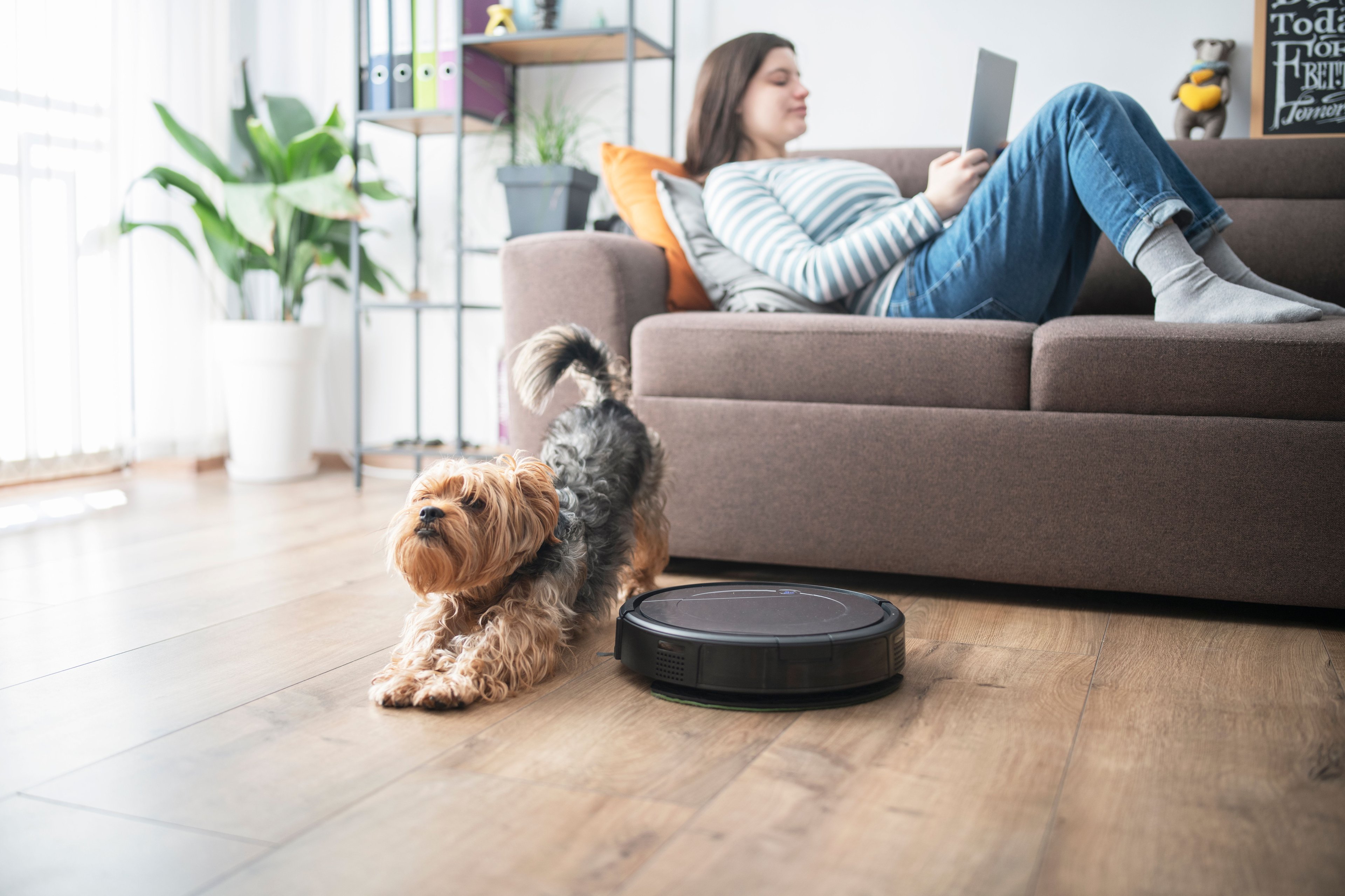On Monday, iRobot (IRBT 4.58%) unveiled a patent infringement lawsuit in a German court against five international companies, including Pardus, Emparanza y Galdos Internacional, Elektrogerate Solac Vertrieb, Electrodomesticos Solac, and Celaya.
More specifically, the lawsuit claims the German robotic vacuum Solac Ecogenic AA3400 violates five of iRobot's European patents for technology created for its own Roomba robotic vacuums, including the Roomba's unique ability to autonomously navigate through rooms and its predetermined cleaning schedule functionality.
So what's an investor to think?
For reference -- and with the caveat this is by no means a scientific comparison with which any official patent decisions can be made -- let's look at the two vacuums side by side.

Image sources: iRobot.com, Solac.com.
That's the iRobot 650 on the left, and the Solac Ecogenic AA3400 on the right. Color me intrigued, but don't those two devices look just a little too similar for comfort?
Worse yet, as the proud owner of my very own Roomba 650, when I look at Solac's product page for its robotic, vacuum I can see that nearly every bottom component also seems to unabashedly copy iRobot's hardware, complete with the side-spinning front brush, a distinct pivoting front wheel, cliff sensors, self-adjusting back wheels, and the design of the primary dual brushes.
In fact, apart from the shape and placement of the buttons on the two products, I'd venture to say they're virtually identical.
This isn't the first time ...
Curiously enough, this isn't the first time iRobot has had to defend its intellectual turf.
Back in 2007, iRobot won a similar lawsuit by proving that competitor Robotic FX -- which was incidentally founded by a former iRobot employee -- not only stole trade secrets and violated several of iRobot's patents, but also destroyed evidence and violated fair trade practices while trying in vain to compete with iRobot's popular defense-centric PackBots. In the end, Robotic FX ended up dissolving, while iRobot agreed to purchase "select residual assets" from the company.
As an aside, iRobot's current case also seems strikingly reminiscent of the complaints filed in March by MAKO Surgical (MAKO +0.00%) against its own U.K.-based competitor, Stanmore Implants, alleging Stanmore's Sculptor RGA violated several patents related to MAKO's own RIO robots.
In the end, that particular complaint was resolved less than a month later after Stanmore agreed to withdraw from robotics, while MAKO later solidified its place in robotic surgery by purchasing Stanmore's robotic business assets and intellectual property for less than $1 million.
Foolish takeaway
As one of the earliest entrants into the robotic vacuum market, iRobot has sold more than 9 million home robots across the world to date.
On one hand, then, it's no surprise iRobot is facing increased competition along the way as it begins to focus more on international expansion.
On the other hand, though, iRobot is right to make sure its competition plays by the rules. Of course, only time will tell whether the current case will enjoy a similarly swift resolution as those that came before it, but in the meantime you can bet I'll be keeping my eyes peeled for any updates.






